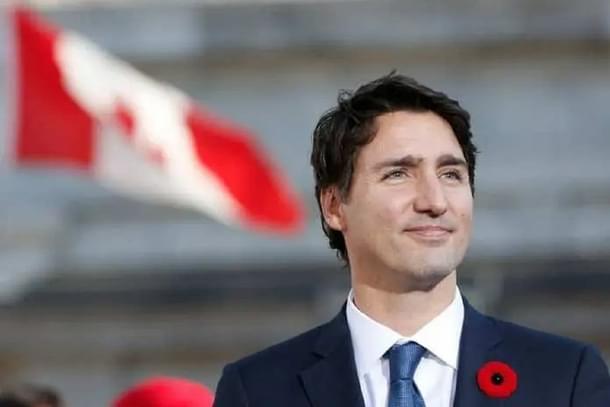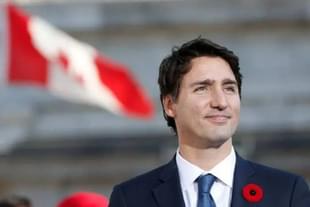News Brief
Four Allegations, Zero Proof: Here Are The Accusations Canada Has Made Against India Today
Swarajya Staff
Oct 14, 2024, 11:36 PM | Updated Oct 18, 2024, 04:05 PM IST
Save & read from anywhere!
Bookmark stories for easy access on any device or the Swarajya app.


India-Canada relations have become strained over Canada’s unsubstantiated accusations against India regarding its alleged involvement in targeting Khalistani terrorists, including Hardeep Singh Nijjar, on Canadian soil.
India has strongly refuted these claims, recalling its High Commissioner to Canada in response to Canada's labeling of Indian diplomats as "persons of interest" in the investigation.
The Indian government has criticized Canadian Prime Minister Justin Trudeau for politicizing the issue for electoral gain, citing his past associations with individuals linked to a separatist agenda and his alleged interference in India's internal matters.
The Royal Canadian Mounted Police (RCMP) has leveled serious accusations against "agents" of the Government of India, citing their involvement in violent criminal activity within Canada.
First, the RCMP highlighted that violent extremism affects both countries, complicating their ability to collaborate on key security issues.
Second, the RCMP has uncovered evidence linking Indian government "agents" to homicides and other violent acts in Canada, particularly targeting members of the South Asian community and the pro-Khalistan movement.
Third, the RCMP pointed out that Indian agents have used organized crime networks to create an atmosphere of insecurity and fear, specifically targeting the South Asian population in Canada. This orchestration of violence has aimed to destabilize public safety and further alienate communities.
Fourth, the RCMP accused Indian "agents" of interfering in Canada’s democratic processes, leveraging clandestine activities and intimidation tactics to gather information and influence political dynamics.
Additionally, the RCMP has claimed, without sharing proof, that Indian diplomats and consular officials have misused their official positions to conduct covert operations.
These diplomats allegedly "coerced" or "voluntarily" enlisted individuals and businesses in Canada to gather intelligence for the Indian government. This intelligence has been used to target individuals, especially within the South Asian diaspora.
Interestingly, Canada seems to have admitted to aiding and abetting Khalistani extremists operating from its soil to create unrest in India.
In the statement, Canada acknowledged forming a multidisciplinary team within the RCMP to warn Khalistani extremists about credible and imminent threats to their lives.
"There have been well over a dozen credible and imminent threats to life which have led to the conduct of Duty to Warn by law enforcement with members of the South Asian community, and specifically members of the pro-Khalistan movement. As a result, in February 2024, the RCMP created a multidisciplinary team to investigate and coordinate efforts to combat this threat," the statement reads.





